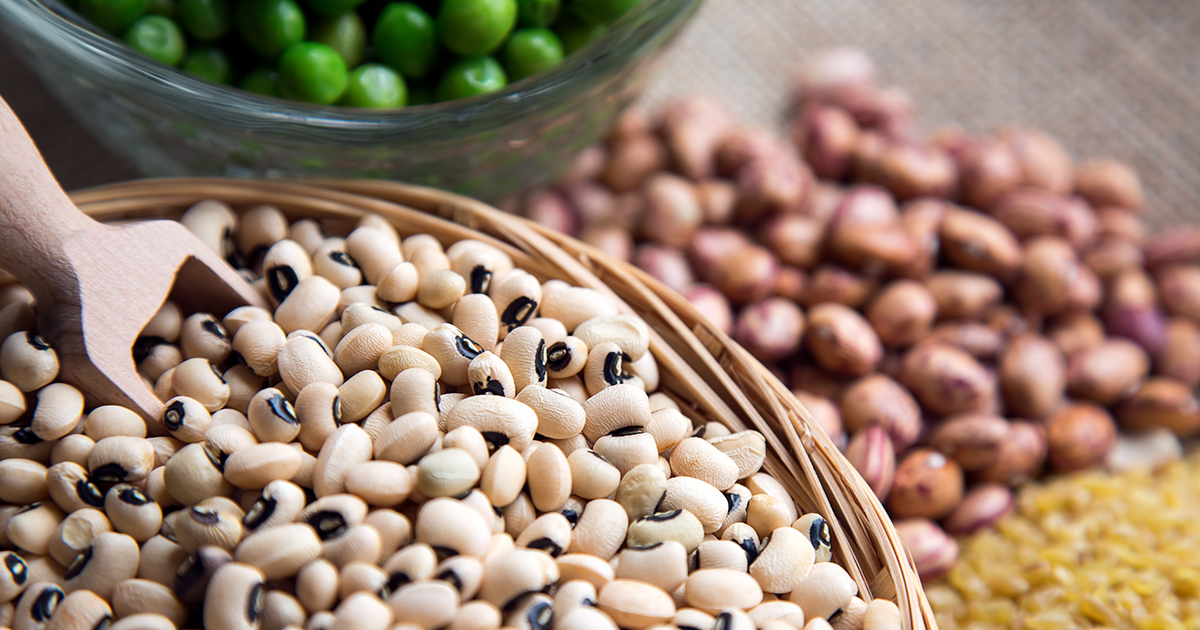Foods To Avoid While On The Whole30 Diet
Legumes

Followers of the Whole30 program are advised to eliminate most legumes, including beans, peanuts, peanut butter, and peanut oil. Tofu, tempeh, miso, soy protein, and soy lecithin are also not allowed. These legumes contain saponins and lecithins that can increase inflammation and trigger leaky gut syndrome. The protease inhibitors in legumes may be associated with allergic reactions. Some individuals could develop leaky gut syndrome or chronic inflammation due to the protease inhibitors as well. Phytates are found naturally in legumes, and they can decrease mineral absorption.
Some types of legumes may contain phytoestrogens. These could cause the body to produce too much estrogen, leading to hormonal imbalances. Since legumes have carbohydrates, some patients find that they can cause weight loss to stall. This is a major reason why they are eliminated in the Whole30 program. Currently, the only legumes allowed on the Whole30 diet are green beans and peas. Split peas, yellow peas, green peas, snow peas, and sugar snap peas are all permitted. Eliminating legumes may be particularly difficult for some individuals. Cooking at home could make the elimination process easier.
Uncover more foods to avoid on the Whole30 diet now.
Added Sugar

Studies have shown that added sugar is associated with obesity, cancer, heart disease, and premature aging. When sugar is consumed, heart rate and blood pressure both increase. The patient's insulin and triglyceride levels also rise. Consuming added sugar can cause individuals to feel tired and unable to focus. Some individuals may notice that they experience higher anxiety after eating sugary foods. Patients who consume sugar could experience more frequent or intense cravings for certain foods.
Followers of the Whole30 program are not allowed to have added sugar in any form, even if it is a natural sugar. For example, stevia, monk fruit extract, maple syrup, honey, agave nectar, and coconut sugar need to be eliminated. To make it easier to find added sugar in store-bought items, patients should check the 'added sugar' section of the nutrition facts. If the amount listed is anything more than zero, it is not considered compliant with the Whole30 diet. Fruit juice and recipes that use fruit juice as a sweetener are allowed during the program. Patients can have coconut aminos that contain coconut nectar or coconut syrup.
Discover additional foods that should be avoided on the Whole30 diet now.
